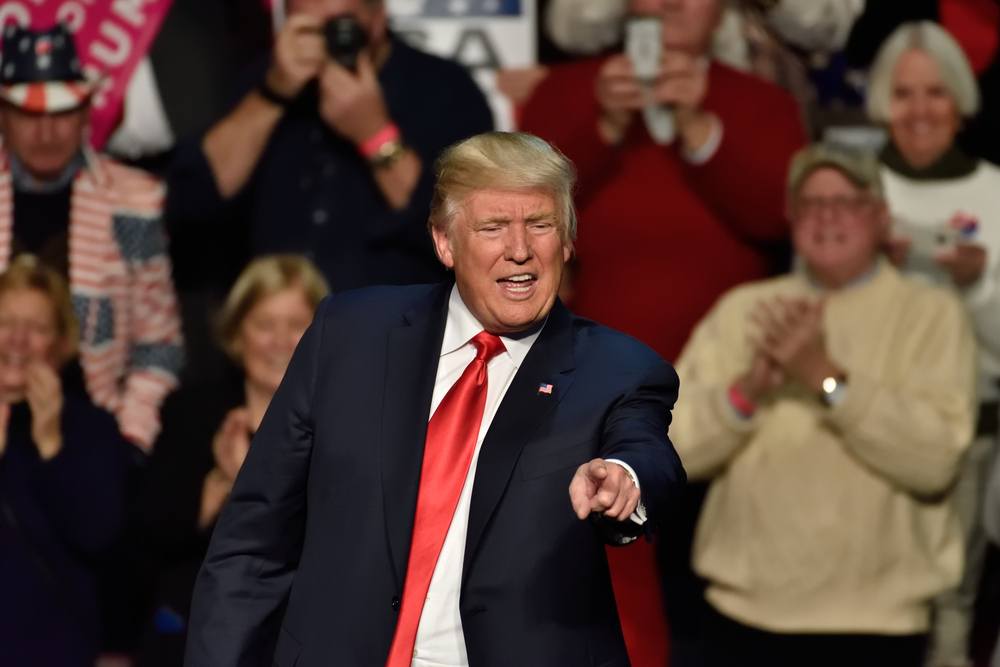Key Takeaways:
- The Trump administration rescinded a plan to cut 875 contracts that support veteran healthcare services.
- The cuts were part of an effort led by Elon Musk’s initiative to reduce government spending.
- Contracts covered medical services, cancer programs, doctor recruitment, and burial services for veterans.
- Backlash from lawmakers and veterans led to the reversal, with the VA announcing a longer review process.
- This is not the first time the administration has faced criticism and reversed course on veterans’ healthcare policies.
Trump Administration Backtracks on Plan to Cut Vital Veteran Contracts
The Trump administration recently reversed a controversial decision that would have slashed 875 contracts essential to the healthcare system for veterans. These contracts provide critical services, including medical care, cancer treatments, and burial assistance for veterans. The move to cut them was part of a broader effort to reduce government spending, led by billionaire Elon Musk’s U.S. DOGE Service initiative.
What Happened?
Secretary of Veterans Affairs Douglas A. Collins announced the plan to eliminate these contracts, citing the need to save taxpayer dollars. However, internal documents revealed that the cuts would have severely impacted vital programs for veterans. For instance, funds for recruiting doctors, supporting cancer patients, and providing burial services for fallen veterans were all at risk.
Backlash Leads to Reversal
The announcement sparked widespread outrage, particularly from lawmakers like Sen. Chris Blumenthal of Connecticut. Critics argued that cutting these contracts would harm the already strained healthcare system for veterans. Following the backlash, the VA sent an email to its staff stating that the decision was being reconsidered. The agency will now conduct a longer review to determine which contracts, if any, should be eliminated.
A Pattern of Controversy
This is not the first time the Trump administration has faced criticism for its handling of veterans’ healthcare. Last month, the administration imposed a hiring freeze on new VA personnel, even though the agency was already understaffed. After facing widespread criticism, the VA was eventually exempted from the freeze.
A Broader Plan to Overhaul Veterans’ Benefits
The controversy comes amid growing concerns about the future of the VA. A blueprint called Project 2025, backed by some far-right groups, proposes drastic changes to the VA. These changes include privatizing the VA, closing existing hospitals, reducing retirement and disability benefits, and limiting eligibility for certain veterans. While the Trump administration has not officially endorsed Project 2025, some of its authors have ties to the administration.
What’s Next?
For now, the VA has paused its plan to cut the 875 contracts. However, the debate over the future of veterans’ healthcare continues. With the administration’s history of reversing course on controversial policies, many are left wondering what’s next for the millions of veterans who rely on the VA for their care.
Why It Matters
The VA is the largest healthcare provider in the U.S., serving millions of veterans. Any changes to its funding or structure could have a significant impact on the quality of care veterans receive. As the debate over the VA’s future continues, one thing is clear: veterans’ healthcare remains a critical issue that demands careful consideration and transparency.
In conclusion, the Trump administration’s reversal on cutting these contracts is a temporary victory for veterans’ advocates. However, the larger conversation about the VA’s future and the potential impact of far-reaching policy changes remains ongoing.
